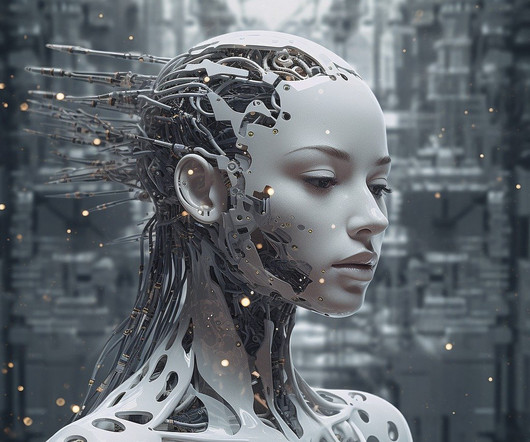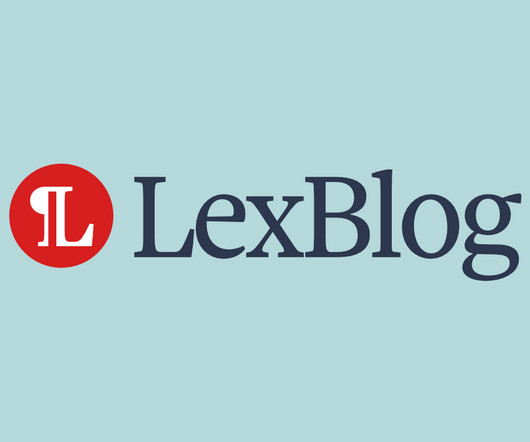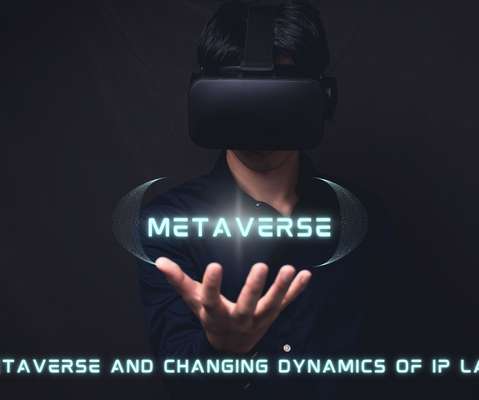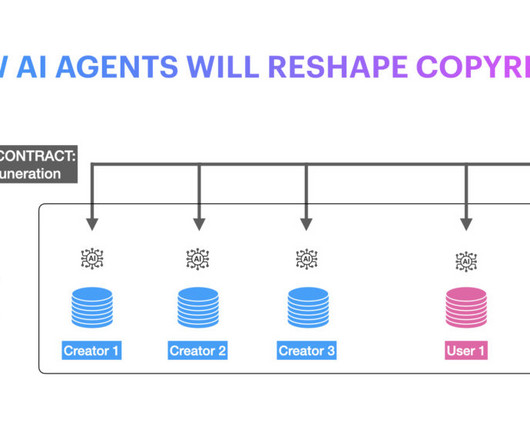Generative AI: the US class action against Google Bard (and other AI tools) for web scraping
Kluwer Copyright Blog
OCTOBER 3, 2023
3:23-cv-03440 ) In a recent post we analysed a class action filed in the US against Open AI for unauthorized use of copyright works for training of generative AI tools such as ChatGPT ( here ) (“Generative AI” or “Gen AI”). District Court for the Northern District of California, No.











Let's personalize your content